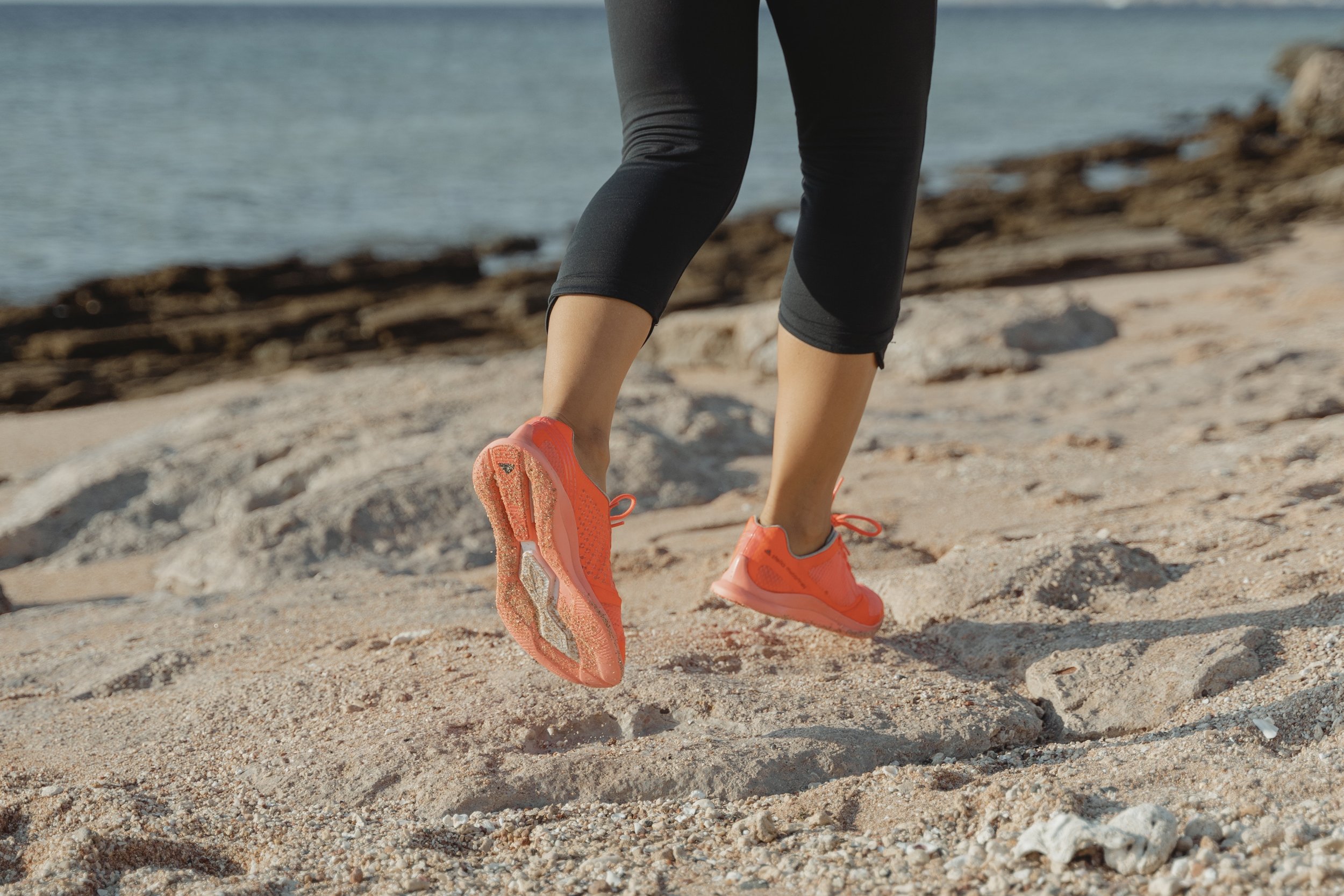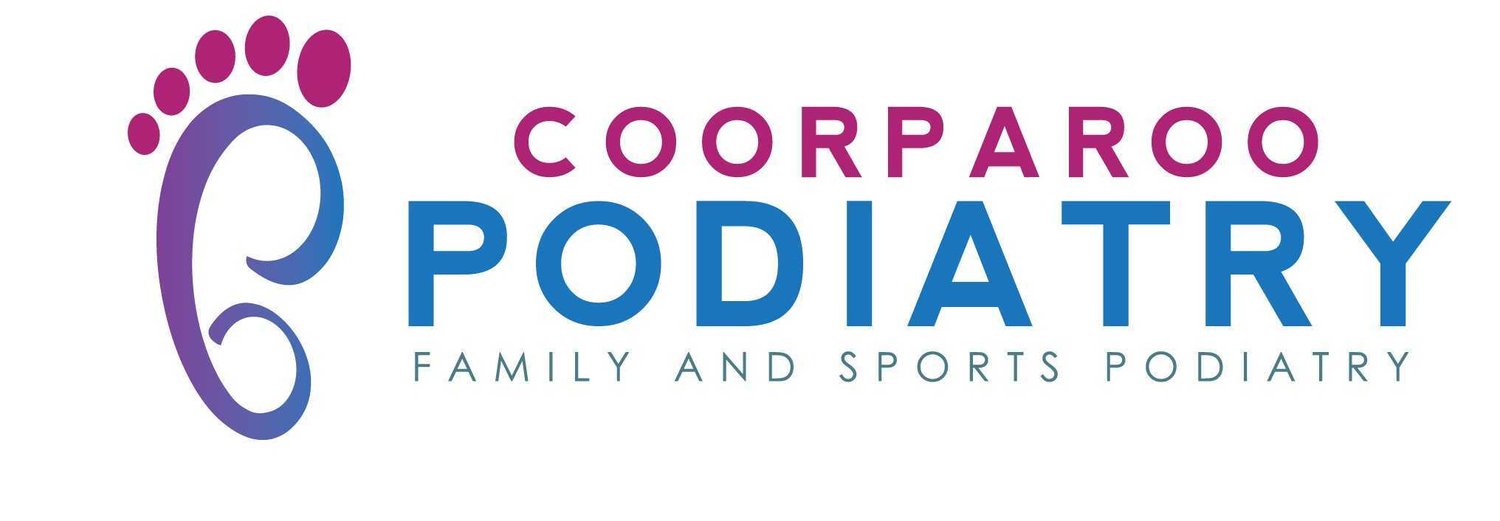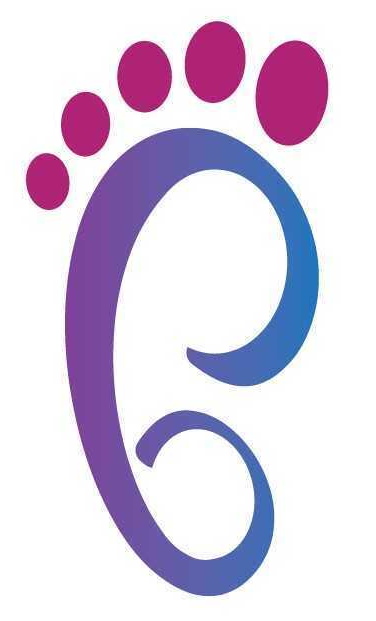
Frequently asked questions.
-
Podiatry is the health profession dedicated to the diagnosis, prevention, treatment and rehabilitation of conditions of the foot and related conditions of the lower limb.
-
Yes and No. Anyone can visit a Podiatrist although many of our patients have been referred by their GP, physiotherapist, chiropractor or other health care practitioner.
However if you are under the Department of Veterans’ Affairs you will need an initial referral. You also need a referral if you are coming under Work cover or the Enhanced Primary Care program (EPC). The EPC program allows up to 5 visits per calendar year to allied health professionals, including Podiatrists, for eligible patients. Check with your GP to see if you are eligible.We are also able to see NDIS participants that are either self or plan managed.
-
We are able to see NDIS participants who are either self or plan managed.
-
Many private health funds under “Extras” cover services provided by a Podiatrist. However this will depend on the level of cover you have chosen. Please check with your specific health fund.
Coorparoo Podiatry Centre has TYRO which enables you to receive an instant rebate leaving you only the gap to pay at the time of consultation.
-
Yes, but only if you are referred by your Doctor under the Chronic Disease Management program. This program allows up to five visits per calendar year to allied health professionals, including Podiatrists, for eligible patients. Speak to your GP to see if you are eligible. Once you have your referral under this program we can process your receipt through Medicare and claim back for you your Medicare rebate. We will provide you with a high level of care and provide your doctor with reports regrading your treatment and progress.
For those that are not eligible for this program we can process your private health fund rebates through our TYRO system.
-
Foot orthoses (orthotic devices) are inserts for the shoes that are designed to support, align, or improve the function of the foot. They are also commonly referred to as orthotics.
Orthoses fit comfortably inside your shoes. There are many different kinds of orthotic devices. The orthoses we recommend are prescription devices, custom made to suit your individual needs and the way your body moves. These may be made from a variety of materials but are always prescribed to suit you. Orthotic devices are used as one part of your overall treatment plan for the management of your foot problem. -
Our podiatrists may prescribe orthotic devices for your particular problem after a comprehensive assessment. They will consider the way your body moves (your biomechanics), your footwear and your occupational and lifestyle environment.
Orthotic devices provide long term solutions in the treatment and prevention of corns, calluses and ulceration by redistributing the pressure of the body’s weight on the feet.
Orthotic devices can also help with the rehabilitation of acute and chronic foot conditions such as tendinosis, recurrent ankle sprains and stress fractures, by providing consistent postural control. Children may benefit from orthotic devices to help maintain their foot alignment during growth and development. -
Yes, especially if your child trips over a lot, complains of sore feet, knee pain or leg pain after sport, or complains that their shoes hurt. These are all signs that something is not right and the child should be professionally assessed by a Podiatrist before the problem becomes worse.
-
For details on our privacy policy please follow this link.

